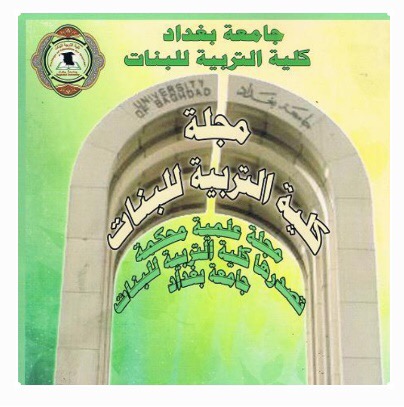واقع الصومال السیاسي في ظل الحركات الإسلامیة المعاصرة
Abstract
Somal is considered one of the unstable and restless African Arabian country in
comparison with other Arabian. It has been exposed to division and separation by
European colonization process that worked hardly on dividing this country according to
Berlin conference (1884-1885). Even after obtaining its independence during the sixties
and being led by civilian organizations which were unable to solve the problems of
Somalian society after obtaining the independence.
Somal continued its suffering even after the military rule under the leadership of
Mohammed Sayad Beree.
During Beree's rule, Somal suffered from the War with Ethiopia, as well as it
witnessed an economical Crisis. It suffered also from the tribal policy through giving
leadership roles to his tribal men, depriving other tribes from these roles, a matter which
led the Somalian people to end his regime and as a result to civil war that opened the door
for political and Islamic movements. At the beginning, the Islamic movements appeared as
courts and institutions and then they united together to be Islamic courts.
In addition to that, it witnessed the emergence of other Islamic parties that played a
great role in the Somalian situation because each one has its aims and wanted to apply it on
Somal.
Perhaps, the different aims of those movements caused this separation and division
in Somal, a matter that has been profiteered by neighbors, especially Ethiopia which
caused instability in the whole country.

Published
Issue
Section
License
![]()
All articles published in Journal of College of Education for Women are licensed under a Creative Commons Attribution 4.0 International License.










